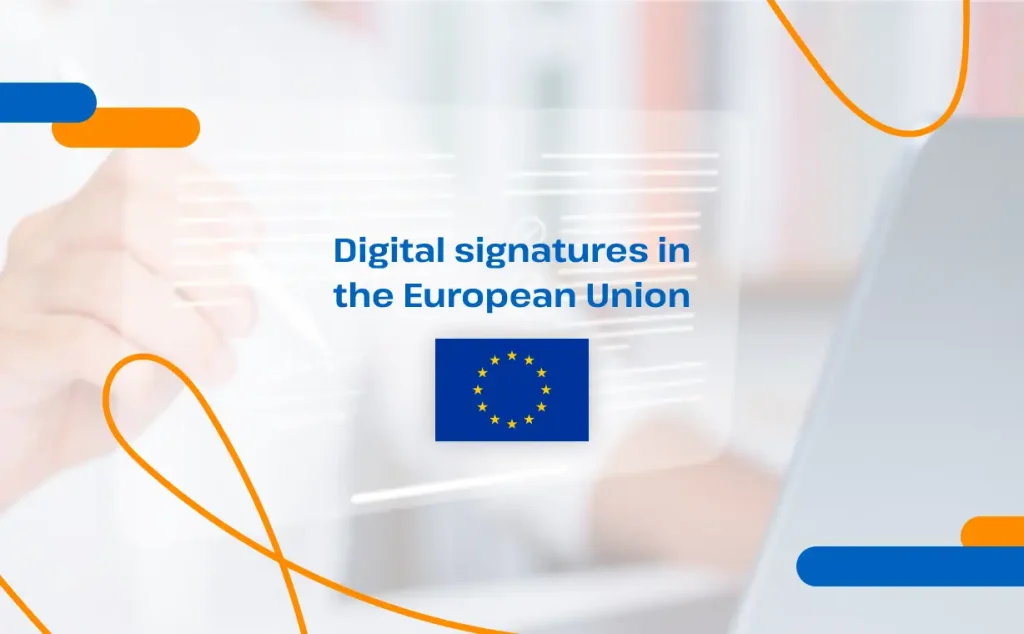
In relation to Regulation 910/2014, we analyze the electronic signature situation in the European Union and its regulation. In this context, Viafirma fully complies with the requirements of the eIDAS regulation, considered the most demanding digital identity trust services standard worldwide.
Regulation (EU) No. 910/2014 of the European Parliament and of the Council, dated July 23, 2014 (eIDAS) is the main regulation governing electronic signatures in the European Union. This regulation establishes the conditions under which Member States must recognize the electronic identification means of natural and legal persons originating from electronic identification systems notified by other Member States. It also regulates trust services and provides a legal framework for electronic signatures, electronic seals, electronic time stamps, electronic documents, certified electronic delivery services and certificate services for website authentication. The regulation has been in force since July 1, 2016.
Regulation (EU) 910/2014 establishes three types of electronic signatures:
- Electronic signature: Data in electronic format, separated from or logically associated with other electronic data, used by the signatory to sign.
- Advanced electronic signature: This is an electronic signature that meets the following requirements:
- It is uniquely linked to the signatory.
- Allows the identification of the signer.
- It has been created using electronic signature creation data that the signer can use under his sole control, with a high level of confidence.
- It is linked to the signed data in such a way that any subsequent modification of the data is detectable.
- Qualified electronic signature: An advanced electronic signature created by means of a qualified electronic signature creation device and based on a qualified certificate.
The solutions offered by Viafirma comply with these three legal signature modalities in the European Union. The choice between a simple, advanced or qualified option is subject only to the functional or technical requirements of our clients.
Article 25 of the eIDAS regulation establishes the legal effects of electronic signatures as follows:
- An electronic signature shall not be denied legal effect and admissibility as evidence in legal proceedings solely because it is electronic or does not meet the requirements of a qualified electronic signature.
- A qualified electronic signature shall have a legal effect equivalent to that of a handwritten signature.
- A qualified electronic signature based on a qualified certificate issued in one Member State shall be recognized as such in all other Member States.